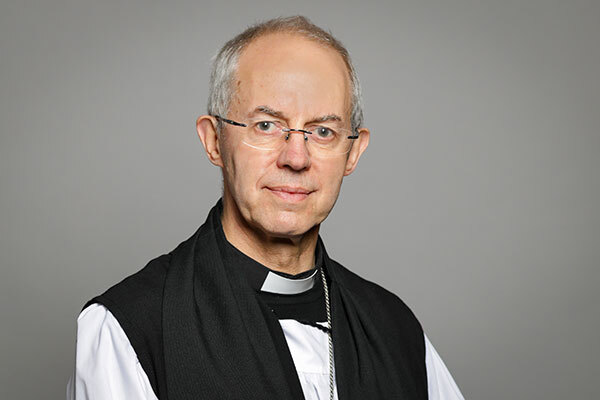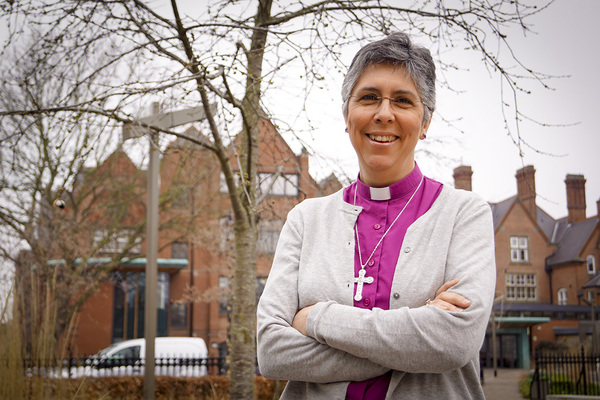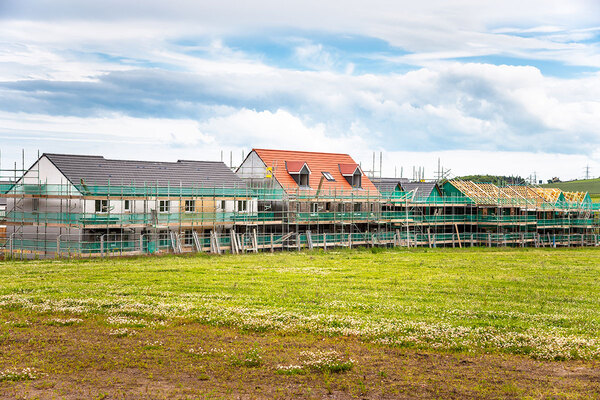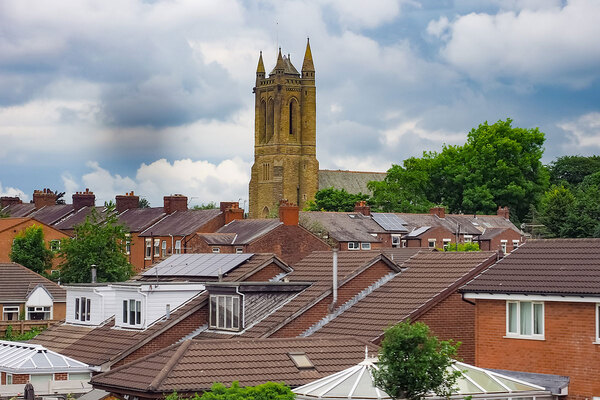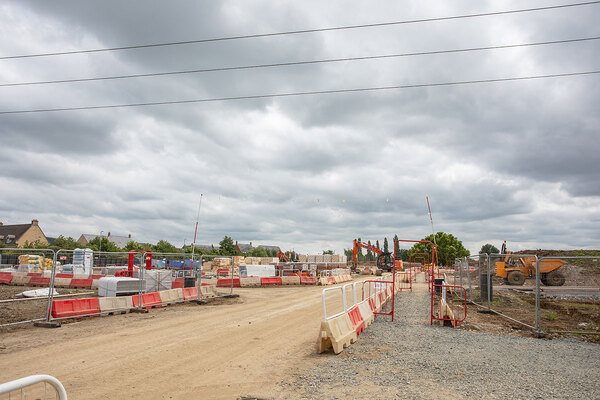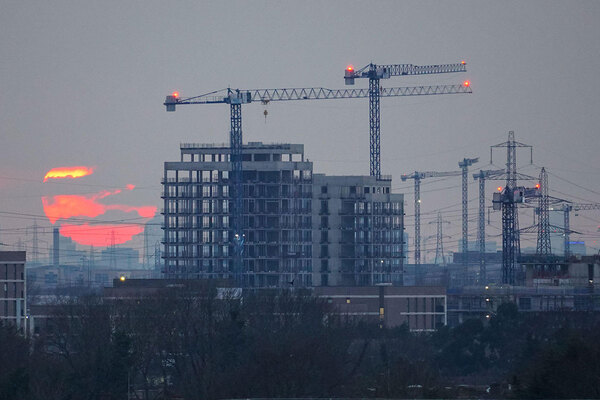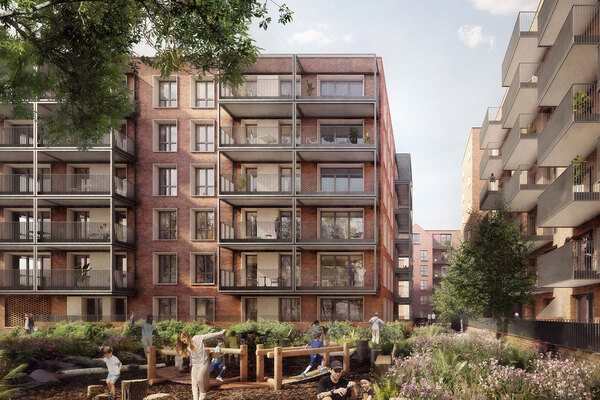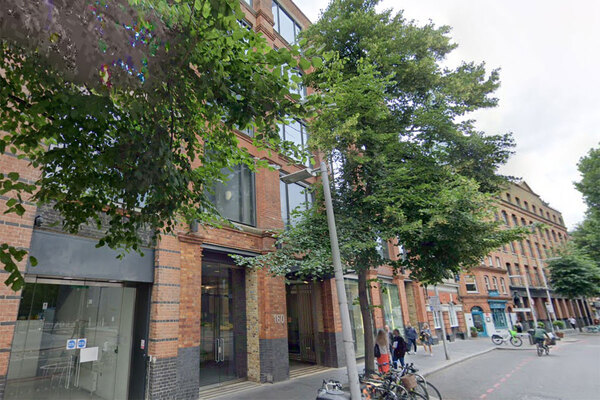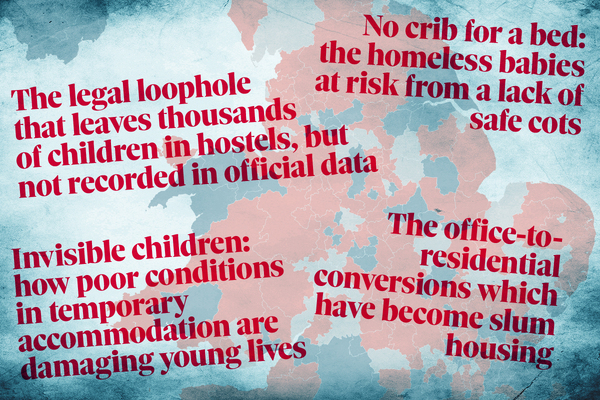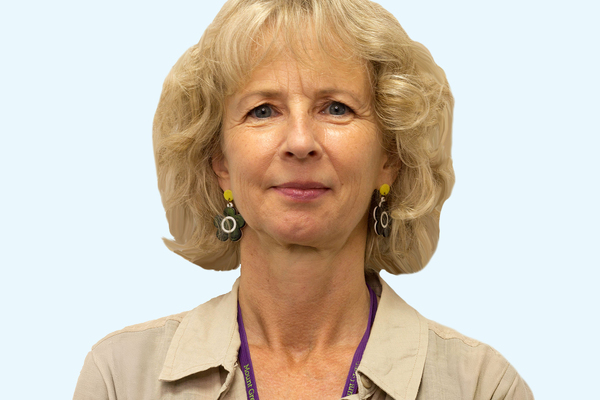Church of England poised to make ‘widespread and generous’ use of land to tackle housing crisis
A report commissioned by the Archbishop of Canterbury says the Church should look at rejecting highest financial bids for land in order to deliver more “genuinely” affordable housing.
The Church of England must make more use of its own land to deliver truly affordable housing, according to a major new report from the housing commission set up by the Archbishop of Canterbury.
The report, Coming Home: Tackling the Housing Crisis Together, is the result of two years’ work and states that addressing the housing crisis is a “national imperative”. The report thrusts the Church centre-stage in terms of practical solutions, particularly in the “widespread, generous and responsible use of our land, buildings, finances and people, with a particular concern for those whose lives are adversely affected by poor living conditions”.
Better use of these could have a “significant impact on the housing crisis”, the report states.
It calls on the Church Commissioners for England, the institution that manages financial and land assets on behalf of the rest of the Church, to “lead in delivering increased levels of affordable housing and setting an example for others to follow”. This could mean rejecting the highest financial bid for land in order to deliver more affordable housing.
The report says that the Church’s current interpretation of charity law in terms of the disposal of land “risks the perception that the Church does not care about its communities and is more interested in money than mission”. “It is essential that this change,” it adds.
It suggests that current interpretations by dioceses of requirements under the Charities Act 2011 to dispose of land on the best terms that can reasonable be obtained may be too narrow.
As an example, the report asks: “How should a sale of land at less than full value, to a housing association to deliver social housing, be evaluated so that a surveyor can confirm that this is the best reasonably obtainable if a developer is ready to pay more?”
To help clarify the position within the Church, a motion has been submitted to the General Synod calling for a vote to confirm that “meeting housing need is an integral part of the mission and ministry of the Church of England”.
The first ever Bishop for housing, Bishop Guli Francis-Dehqani, has been appointed to oversee delivery of some of the report’s recommendations, alongside a small executive team and advisory board.
Part of her remit will include helping churches and dioceses to build strong partnerships with organisations like councils and housing associations to help deliver more genuinely affordable housing. You can read our interview with Bishop Guli here.
The Church has also commissioned Knight Frank and Eido Research to deliver a new geospatial mapping tool, which will give dioceses detailed information on church land and buildings in their area.
Charlie Arbuthnot, who chaired the commission, said that: “The mapping will be made available to the property person in each diocese.”
“They will know all the development opportunities that are available,” he added. Although the report states diocese should only work with partners who sign up to its five core values that homes should be safe; stable; sociable (people feel part of a community); satisfying; and sustainable.
He said he would encourage social landlords to “find out who the property person is” in each diocese – and that the diocesan secretary is the best initial contact point.
Among a raft of other recommendations, the report also calls on the government to draw up a 20-year housing strategy in which it should “define affordability explicitly in relation to household incomes” rather than simply as lower than market rates.
“For too long affordable housing has been the product of a set of unco-ordinated policies, laws and local negotiations,” the report states. “This must change.”
It is highly critical of government rhetoric following its push for housing associations to all but abandon social rent in favour of the higher affordable rent product.
“Somewhat disingenuously, the government then argues that social security spending on housing was ‘out of control’ and limited its generosity,” the report states.
It recommends that government should carry out an urgent review of Local Housing Allowance (LHA) rates, which it says are “far too low in many local markets” in order to ensure all private renters in an area can rent a home at or below the LHA.
“If you cut capital grant and revenue grant as well, people are cutting into their food pot and heating pot to cover the rent,” Mr Arbuthnot added. “We are saying that we really, really need to get the housing element of Universal Credit right and the rest of it right so that people can afford to live with stability in their community.”
The report also has strong words about fire safety in the housing sector.
It adds that: “The Grenfell Tower Inquiry has revealed a shocking lack of transparency and a cavalier attitude to safety in some parts of the housing industry.”
It said the government needs to act to end the current ongoing cladding scandal and that leaseholders should be protected from the costs of remediation.
“The cost of this should be borne by the developers who were responsible for the original construction, where possible, and, if not, by government, rather than being passed on to the leaseholders, whether in the forms of impossible remediation bills, the cost of waking watches, loans to be repaid over many years, or huge insurance premiums,” it states.
The key takeaways of the report
Actions for the Church of England set out in the report:
- The Archbishop of Canterbury has submitted a General Synod motion, recognising that housing and communities are part of the mission and ministry of the Church of England
- A bishop for housing and an executive team will embed this vision within the Church, and support dioceses in using their land well
- The Church Commissioners have committed to signing the 2020 UK Stewardship Code, and will report regularly on how their land use delivers against environmental and social outcomes
Recommendations for the Church of England in the report:
- The legal framework for selling church assets be amended so church land and buildings can be used for social and environmental, as well as economic, benefit
- The Church Commissioners set an example to other landowners by favouring new developments on its land that align with the commission’s five core values
- A review is carried out to examine how the Church Commissioners’ strategic land can be used to deliver more truly affordable housing
- The Church Commissioners consider whether they could draw down more from their assets and release strategic land, to unlock the potential for many more affordable homes
- Clergy and lay activists are offered training on how to engage on housing matters;
- Local church community work shift from crisis interventions to prevention
For Government and other actors in the housing market, the report recommends:
- The development of a long-term, cross-party housing strategy to improve the quality and sustainability of the existing stock and increase the supply of truly affordable new housing
- A review of housing support and restoration of Local Housing Allowance to median rents in each local area
- Maximising the use of public land for affordable housing to achieve long-term social and economic value
- Greater protection for private sector tenants, including longer-term security of tenure and a duty of care on all landlords
- A commitment to improve and reduce the need for temporary accommodation
- A commitment to remove unsafe cladding on all residential blocks and fully protect leaseholders from remediation costs
- Landlords should ensure that the voices of their tenants are heard, considered and acted on
Sign up for our development and finance newsletter
Already have an account? Click here to manage your newsletters
